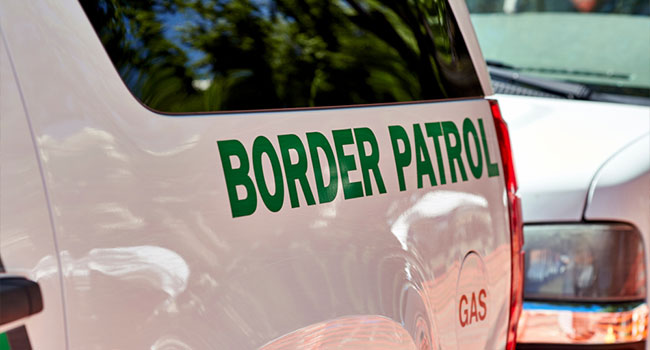
Border Patrol May Give Body Cameras To Agents at Certain Checkpoints
Customs and Border Protection is asking vendors to describe their ability to provide body cameras, video management, facial recognition technology and more.
- By Haley Samsel
- Oct 17, 2019
Border agents may be given body cameras capable of recording their interactions with the public, according to a recent request for information (RFI) issued by the U.S. Customs and Border Protection agency.
The agency is asking vendors to describe their capabilities in bringing together three components to support an incident-driven video recording system (IDVRS): body worn cameras, software for video management and redaction, and cloud storage management. Vendors have until Oct. 31 to respond to the request.
In the RFI, CBP said it envisions a targeted deployment of body cameras at checkpoints set up on the border between ports of entry. These checkpoints typically have limited video recording and IT infrastructure in place, NextGov reported.
“CBP is considering a targeted deployment of IDVRS to select known interdiction points where fixed camera systems do not record agent interactions with the public,” the agency wrote. “CBP will prioritize locations based on operational need.”
Some of the agency’s requirements include cameras that can be turned on and off manually with a 30-second buffer period to capture events that happened prior to the agent turning a camera on, according to NextGov. Recording devices should be able to capture and store video for 12 hours at a time.
In addition, the agency is requiring vendors to allow authorized users to redact identifiable information within the system. That system must have the ability to track user activity in order to prevent abuse of the alteration capability.
Most footage collected through the program would be stored in CBP-owned data servers, but the agency is also interested in cloud storage for video that requires long-term retention, which CBP classifies as longer than two years. Agency users would also require a cloud storage platform for files that are frequently accessed, according to the RFI memo.
CBP also requests that vendors describe their facial recognition capabilities. The agency runs a facial recognition program at airports and other entry points into the U.S. and may expand into body cameras if this initiative goes forward, according to the memo.
About the Author
Haley Samsel is an Associate Content Editor for the Infrastructure Solutions Group at 1105 Media.